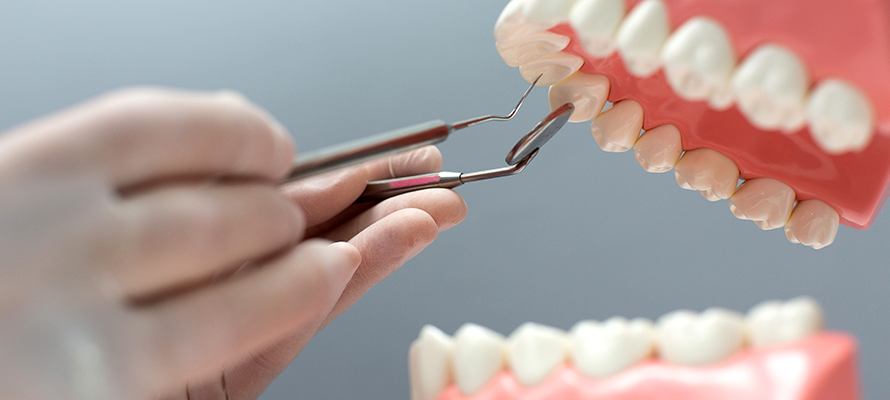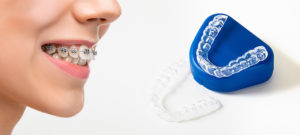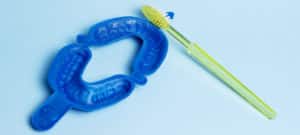Dental Implants: The Permanent Solution for Missing Teeth
If you’re missing one or more teeth, it can be a major inconvenience and affect your confidence. Fortunately, dental implants provide a reliable solution that offers significant benefits over other tooth replacement options. Learn more about dental implants, how they work, and the advantages they offer for your oral health and overall well-being.
Understanding the problem of missing teeth.
Missing teeth can have a negative impact on your oral health, as well as your emotional well-being. When teeth are missing, it can cause problems with biting and chewing, which can lead to digestive issues. In addition, neighboring teeth may shift and cause further problems such as TMJ (temporomandibular joint) disorders or even gum disease. Missing teeth can also affect your confidence and self-esteem, making it difficult to smile or speak in public settings. Fortunately, dental implants provide a permanent solution that looks and feels like natural teeth.
What are dental implants?
Dental implants are artificial tooth roots made of titanium that are surgically placed into the jawbone. The implant serves as a sturdy foundation for replacement teeth or dental crowns to be attached to, without compromising adjacent healthy teeth. Implants can be used to replace single or multiple missing teeth, and even provide support for full arch replacement using implant-supported dentures. With proper care and maintenance, dental implants can last a lifetime and offer numerous benefits over traditional tooth replacement options like bridges or dentures.
Benefits of dental implants.
Dental implants offer numerous benefits over other tooth replacement options. First and foremost, they look and feel like natural teeth, giving you confidence in your smile. They also function just like natural teeth, allowing you to eat and speak without any issues. Unlike dentures, which may slip or click while speaking or eating, dental implants are securely anchored into the jawbone for a comfortable fit. Implants also help to maintain the health of adjacent natural teeth by preventing bone loss and gum recession that can occur with traditional bridge placement. Additionally, because they are designed to be a lifelong solution, dental implants can save you money in the long run compared to other temporary solutions that require frequent replacement or adjustments.
Candidates for dental implants.
Dental implants are a great option for anyone who has lost one or more teeth due to injury, disease, or decay. However, not everyone may be a suitable candidate for dental implants. Your dentist will evaluate your overall health, jawbone density, and other factors to determine if you are a good candidate for this procedure. People with certain medical conditions such as uncontrolled diabetes or cancer may need additional treatment before undergoing dental implant surgery. Additionally, smokers are at an increased risk of complications during the healing process and may require extra monitoring after implant surgery. Overall, dental implants can be a successful and long-lasting solution for missing teeth for many patients with proper evaluation and care.
The dental implant procedure and aftercare tips.
The dental implant procedure is typically performed in several stages, beginning with the insertion of an implant post into the jawbone. This post will serve as a replacement for the tooth root and provide a stable foundation for the crown or bridge that will be attached later on. After the post is placed, a healing period of several months may be necessary to allow it to fuse with the jawbone.
Once the post has fully fused, an abutment will be attached to it, which will connect the implant to the crown or bridge. Finally, a custom-made crown or bridge will be placed on top of the abutment to give you a natural-looking and functional replacement tooth.
Aftercare for dental implants is important to ensure their success and longevity. Good oral hygiene practices such as regular brushing and flossing should continue after your implant procedure. Additionally, it’s important to schedule regular check-ups with your dentist so they can monitor your implants and detect any issues early on. Avoid chewing hard or sticky foods that could damage your implant or cause it to become loose. With proper care, dental implants can offer a permanent solution for missing teeth that allows you to enjoy food, speak comfortably, and smile confidently.
Get dental care done at home!
At Risio, we offer affordable, convenient, and comfortable preventive dental treatments.
By booking an online appointment with us, you can enjoy your dental visit while staying at home. If you or any of your family members are suffering from dental problems, don’t wait to make an appointment at our dental clinic – Risio!







